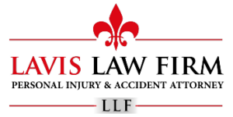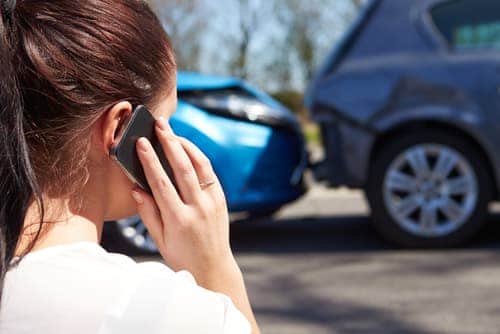A clarification of the requirements for a causation expert were outlined by the court in Pollard v. 21st Century Centennial Ins. Co., 21-65 (La. App. 5 Cir. 12/23/21). The occupant of the front vehicle in a rear end collision brought suit to recover damages. At trial the parties stipulated that the claimant had been rear-ended and thus, liability for the accident was not disputed. The defendant presented expert testimony to refute that the claimant’s injuries were caused by the collision. The expert witness inspected the police report, pictures of the vehicles, repair slips, and deposition testimony to determine the extent of the damages to the vehicles involved in the collision. He conducted an exemplar surrogate inspection using a rental vehicle of the same make and model as that involved in the accident. The expert witness did not
(1) inspect either of the vehicles involved in the collision at issue; (2) speak with the damage appraisers; (3) know plaintiff’s body position at the time of the accident; (4) inspect plaintiff’s vehicle for variance from the vehicle he rented that was the same make and model which was used to perform the exemplar-surrogate inspection; or (5) interview the plaintiff.
Pollard.
While he submitted several articles to support his causation methodology, he admitted that he or an employee of the institute at which he worked authored the articles. The court noted that the Louisiana Supreme recently addressed the adequacy of expert testimony in another rear-end collision claim involving the same expert witness. Blair v. Coney, 2019-00795 (La. 4/3/20), reh’g denied, 2019-00795 (La. 7/9/20), in which the court found the experts methodology failed to meet the Daubert standard. Given that the same witness and same methodology were in question, the appellate court found that the trial court erred in denying the claimant’s motion in limine to exclude the testimony of the defendant’s expert witness based on his use of a flawed methodology that fails to meet the requirements of C.E. art. 702(A)(2). Allowing the witness to testify at trial based on the flawed methodology was also an abuse of the trial court’s discretion.


